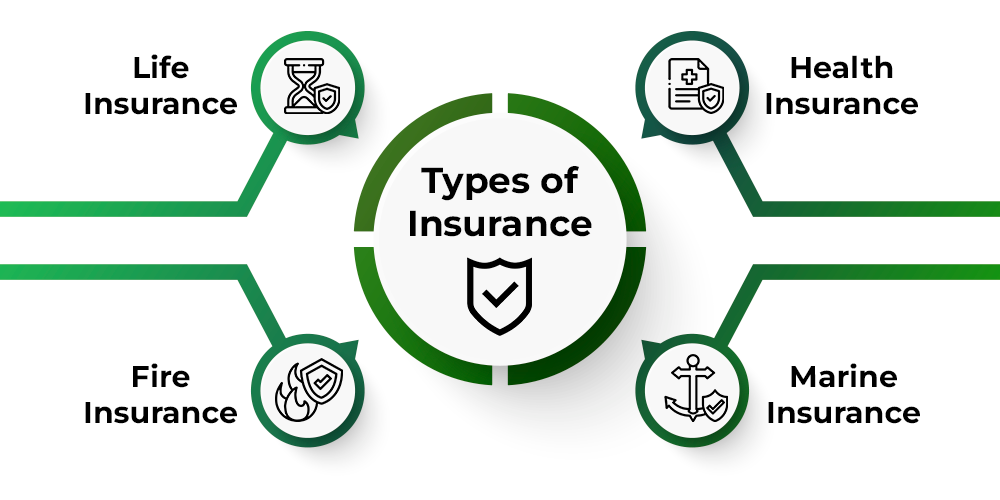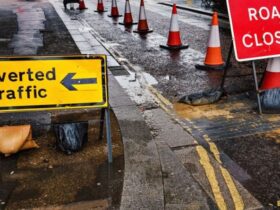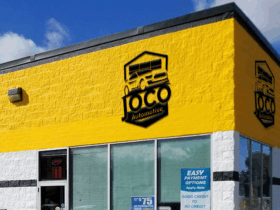Purchasing a vehicle, whether new or used, is a significant investment. Navigating the used car market, in particular, requires careful consideration and due diligence. One avenue that might present opportunities for savings, but also warrants thorough investigation, is buying cars from insurance companies. This guide provides a comprehensive overview of the process, potential benefits, risks, and essential steps to ensure a safe and informed purchase.
Understanding Insurance Company Car Sales
Insurance companies often end up in possession of vehicles through the claims process. These cars can range from those involved in minor accidents to those declared a total loss (or “write-off”). Selling these vehicles is a way for insurance companies to recoup some of their losses. These vehicles are often sold through auctions or salvage companies. Understanding the different categories of write-offs is crucial:
- Actual Loss (Category A or B): These vehicles are deemed irreparable and should never be driven again. Category A vehicles must be completely destroyed, while Category B vehicles can be broken down for parts, but the chassis must be crushed. These are not suitable for purchase for road use.
- Constructive Loss (Category S or N): These vehicles can be repaired and returned to the road. Category S indicates structural damage, while Category N signifies non-structural damage. Purchasing these cars can represent value for money, but requires a thorough inspection.
Where to Find Cars from Insurance Companies

Several avenues exist for finding vehicles sold by insurance companies:
- Salvage Auctions: Many insurance companies use salvage auctions to sell damaged vehicles. These auctions are often open to the public but may require registration or licensing. Websites like Copart and IAAI (Insurance Auto Auctions) are popular platforms in the United States.
- Salvage Dealers: These businesses specialize in buying and selling salvage vehicles. They often acquire vehicles from insurance companies and repair them for resale.
- Direct Sales (Less Common): In some instances, insurance companies might sell vehicles directly, although this is less frequent.
Assessing the Risks and Benefits

Buying a car from an insurance company presents both potential benefits and significant risks:
Benefits:
- Lower Purchase Price: Salvage vehicles typically sell for considerably less than comparable used cars with clean titles. This can offer substantial savings.
- Opportunity for Repair: If you have mechanical skills or access to affordable repair services, you can potentially restore a salvage vehicle to good condition at a fraction of the cost of buying a similar car outright.
- Source of Parts: Even if a vehicle is beyond repair for road use, it can be a valuable source of parts for other projects or repairs.
Risks:
- Hidden Damage: The extent of damage may not be immediately apparent, and hidden structural or mechanical issues can lead to costly repairs.
- Title Issues: Salvage titles can affect insurance rates and resale value. Some states have strict regulations regarding the inspection and re-titling of salvage vehicles.
- Safety Concerns: Improperly repaired vehicles can pose significant safety risks.
- Financing and Insurance Challenges: Securing financing and insurance for salvage vehicles can be more difficult.
Essential Steps Before Purchasing

Before committing to buying a car from an insurance company, take these crucial steps:
- Vehicle History Report: Obtain a comprehensive vehicle history report from a reputable provider like Carfax or AutoCheck. This report can reveal information about accidents, title issues, and odometer discrepancies.
- Independent Inspection: Have a qualified mechanic thoroughly inspect the vehicle. This inspection should include checking the frame, suspension, engine, and other critical components.
- Research Repair Costs: Get estimates for all necessary repairs before making an offer. Factor in the cost of parts, labor, and any potential hidden issues.
- Title Verification: Confirm the title status and ensure it can be legally transferred to your name. Understand the specific requirements for re-titling a salvage vehicle in your state.
- Insurance Quote: Obtain an insurance quote for the vehicle before purchasing. Some insurers may not cover salvage vehicles, or they may charge higher premiums.
- Check the Vehicle Identification Numbers (VIN): Verify that the VINs on the vehicle match the VIN recorded in the logbook and the DVLA records.
Considerations for Insurance

Securing insurance for a previously written-off vehicle can be more challenging. Not all insurers offer coverage, and those that do may have specific requirements or higher premiums. When contacting insurers, be prepared to provide detailed information about the vehicle’s history, the extent of the damage, and the repairs that have been performed. Transparency is key. Failing to disclose the vehicle’s history can lead to claim denial in the future. Some insurers may require an independent inspection to assess the vehicle’s roadworthiness before providing coverage.
Conclusion
Buying cars from insurance companies can be a viable option for budget-conscious buyers or those with the skills to repair vehicles. However, it’s essential to approach this market with caution and diligence. Thorough research, independent inspections, and a clear understanding of the risks are crucial for making a sound decision. By taking the necessary precautions, you can potentially find a great deal on a vehicle while minimizing the risks associated with buying salvage cars.





Leave a Reply